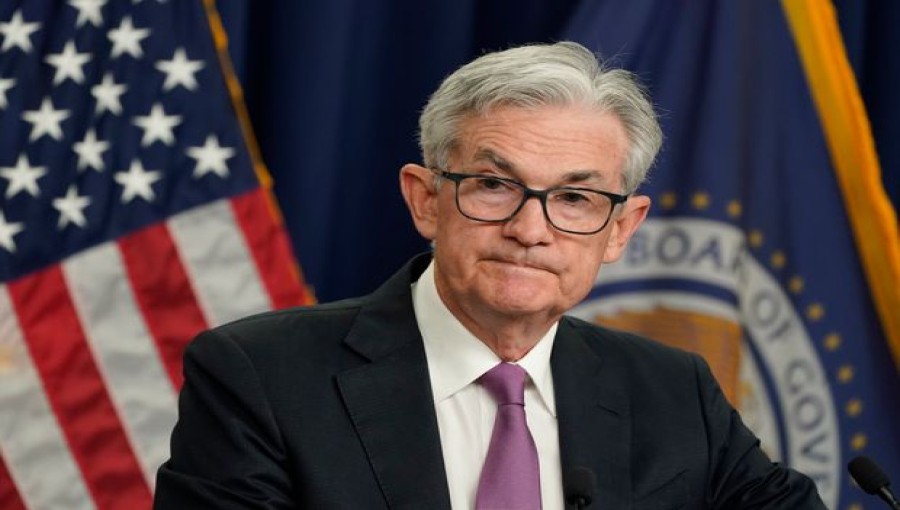The Federal Reserve's battle against inflation over the past two years has highlighted the importance of credibility and tangible actions. According to recent research, the Fed's effectiveness in managing inflation was significantly enhanced by its commitment to raising interest rates, which supported its verbal promises to restore price stability.
Financial markets respond more effectively to monetary policy when they believe the central bank is committed to controlling inflation. This perception helps shift financial conditions faster and mitigates the impact on economic growth. The Fed's credibility, under Chairman Jerome Powell, evolved over time and was solidified by substantial interest rate hikes starting in March 2022.
The research, conducted by economists Michael Bauer, Carolin Pflueger, and Adi Sunderam, found that significant rate hikes were essential for changing market perceptions. Before March 2022, there was considerable uncertainty about the Fed’s policy approach. However, substantial rate hikes and a clear commitment from the Fed, as demonstrated in Powell's Jackson Hole speech, shifted expectations and enhanced policy effectiveness.
The study cautions against relying solely on verbal commitments or “talk therapy.” While transparency and communication are important, they need to be supported by concrete actions. The Fed’s initial gradual rate increases did not immediately alter market perceptions, but more aggressive actions were effective.
Future policymakers should recognize that actions can be more impactful than words, especially when there is high uncertainty about monetary policy. The research suggests that making the Fed’s policy response more explicit in its economic projections could improve its effectiveness.
Effective monetary policy requires a combination of clear communication and decisive actions. The Fed’s ability to manage inflation was strengthened by its rate hikes, which confirmed its commitment to price stability and influenced financial conditions more effectively.































Comment: